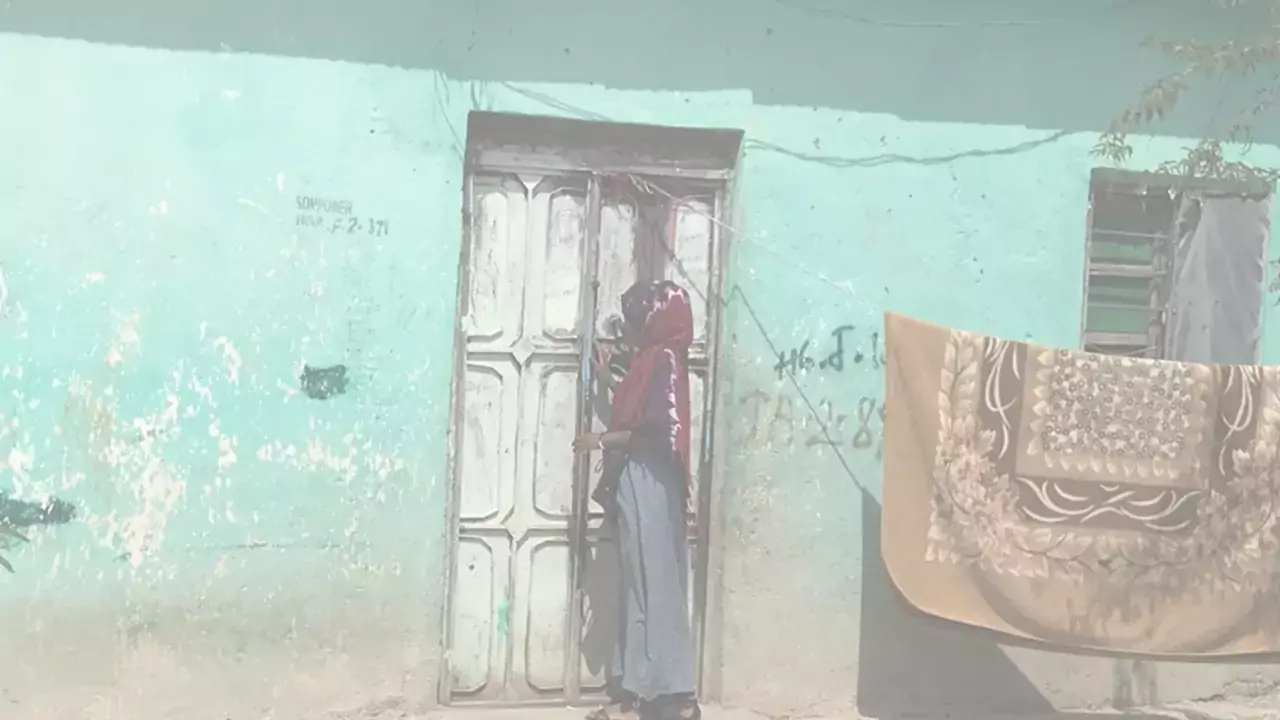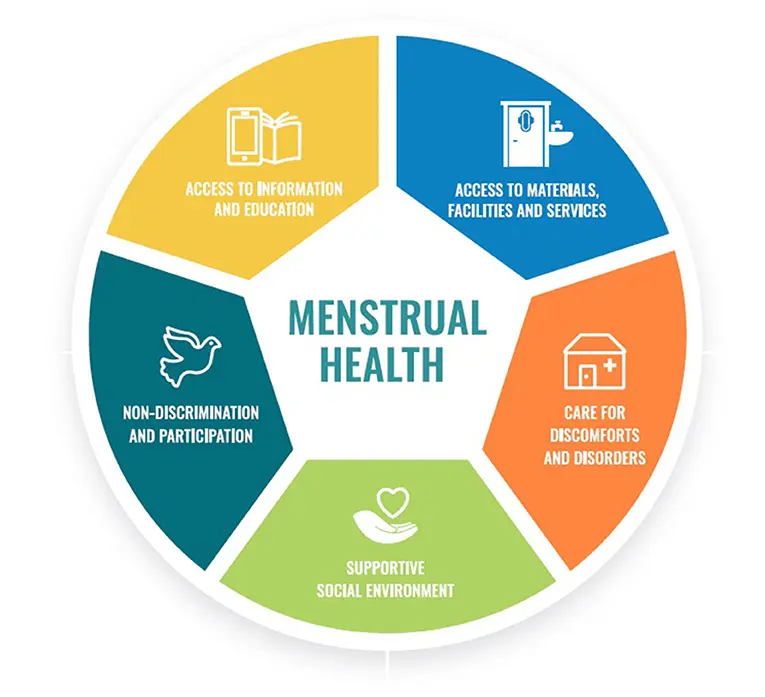About our research
The Sexual and Reproductive Health research group focuses on advancing sexual and reproductive health and rights (SRHR) through evidence-based research, policy engagement, and capacity building. The group works across diverse global contexts—spanning humanitarian, low-resource, and high-income settings—to generate knowledge that informs practice, strengthens health systems, and promotes equitable access to care. Capacity building is a core component of the group’s work, with strong partnerships to support the development of local research expertise, midwifery leadership, and sustainable health system improvements in both global and national settings.
Research areas
The research addresses critical areas such as pregnancy, delivery, comprehensive abortion care including contraception, menstrual health, and the role of midwifery. The group employs a broad range of study designs and methods and interdisciplinary collaboration in countries like Somalia, Ethiopia, the Democratic Republic of Congo, Sweden, and Canada. A key focus is on enhancing midwife-led care models, improving quality of care, and addressing the unique SRHR needs of marginalized populations, including migrants and youth.


